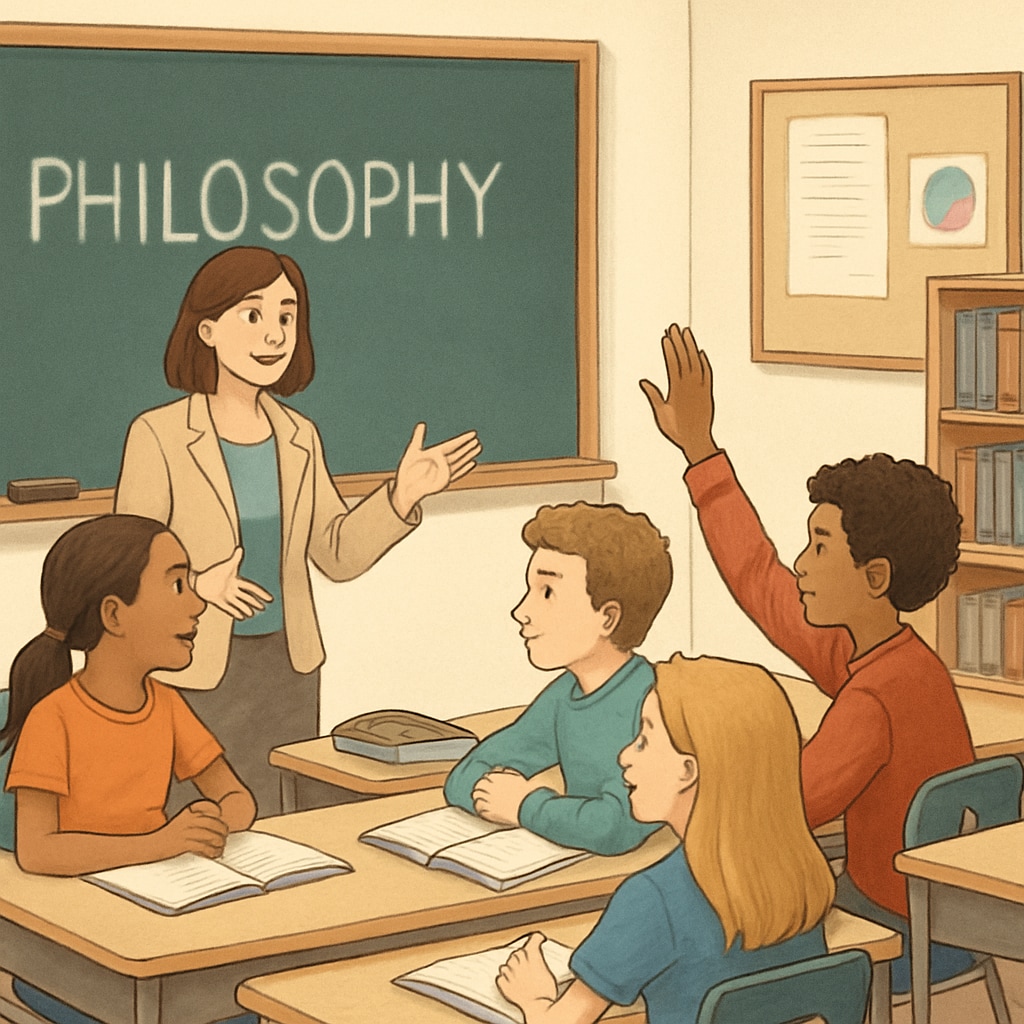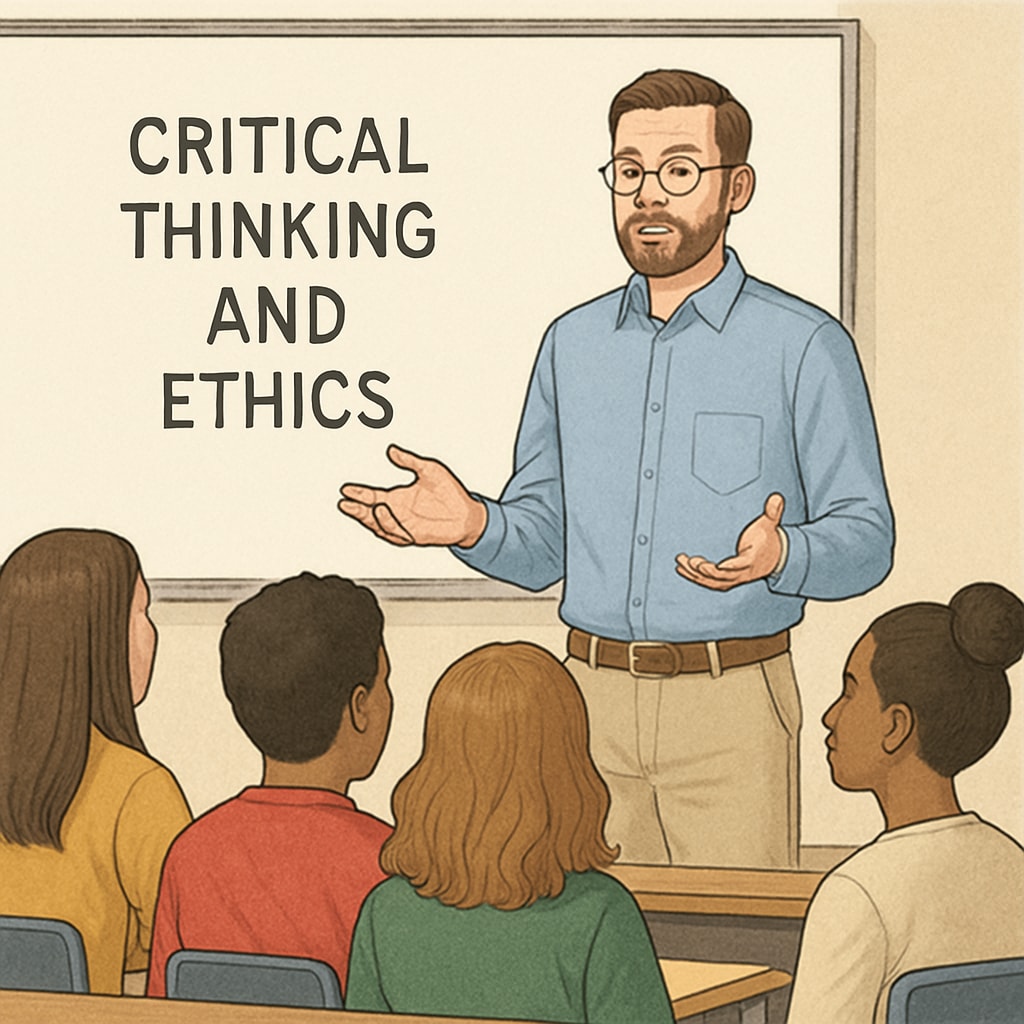In today’s rapidly evolving educational landscape, the need for innovative approaches to nurture critical thinking skills, problem-solving abilities, and ethical reasoning in students has never been greater. This is why the recruitment of philosophy teachers for a groundbreaking social experiment is gaining momentum. By integrating philosophical thinking into K12 education, educators can empower students with tools essential for navigating complex modern challenges. Philosophy teachers, as volunteers in this initiative, will play a pivotal role in shaping the future of young minds.

The Role of Philosophy in K12 Education
Philosophy is often regarded as an abstract discipline, but its practical applications in education are profound. Introducing students to philosophical concepts such as logic, ethics, and epistemology can enhance their ability to analyze information critically, engage in meaningful debates, and make informed decisions. Studies have shown that early exposure to philosophical thinking fosters creativity and empathy, as students learn to consider diverse perspectives.
For example, teaching children to question assumptions and evaluate arguments prepares them for a world where misinformation and bias are prevalent. Philosophy also encourages moral reasoning, helping students develop a strong ethical framework for personal and professional life.
Social Experiment: A Call for Philosophy Teachers
This social experiment aims to explore how philosophy can be systematically integrated into K12 education and how it affects students’ intellectual and emotional development. Philosophy teachers are invited to volunteer for this initiative and contribute their expertise in designing lesson plans, conducting workshops, and evaluating student progress.
Volunteers will collaborate with researchers and educators to develop practical methods for teaching philosophical concepts to children and teenagers. The findings of this experiment will inform future educational policies and practices, potentially revolutionizing the way critical thinking is taught in schools.

Why Join as a Volunteer?
Philosophy teachers who participate in this social experiment will not only contribute to the advancement of education but also gain valuable insights into pedagogy and child psychology. By volunteering, you will:
- Shape the future of education by introducing innovative teaching methods.
- Collaborate with a network of educators, researchers, and policymakers.
- Enhance your professional development through hands-on experience.
- Make a lasting impact on students’ lives and their ability to think critically.
As a result, this initiative serves as both a professional opportunity and a meaningful way to contribute to society.
Future Implications for Education
If successful, the integration of philosophy into K12 education could redefine traditional teaching paradigms. Schools could adopt more student-centered approaches, emphasizing dialogue, inquiry, and ethical reflection. This would not only prepare students for academic success but also equip them with life skills essential for becoming responsible global citizens.
Moreover, this initiative aligns with global educational movements that advocate for 21st-century skills, such as critical thinking, collaboration, and emotional intelligence. By participating in this social experiment, philosophy teachers will contribute to a transformative shift in education.
Join Now: If you are a philosophy teacher with a passion for shaping young minds, we invite you to volunteer for this exciting social experiment. Together, let’s explore the untapped potential of philosophical thinking in K12 education.
Philosophy of education on Wikipedia and Philosophy of education on Britannica provide additional insights into the role of philosophy in learning.


